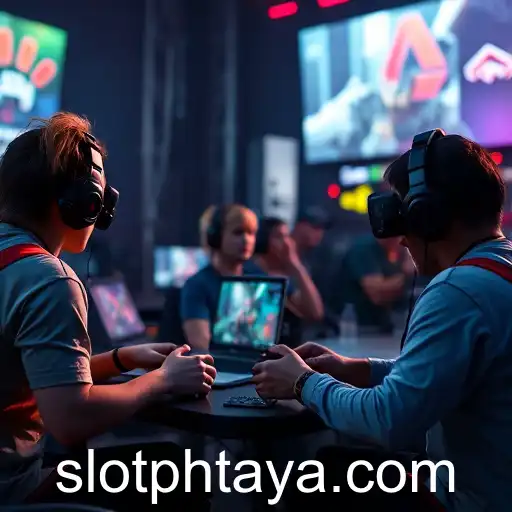
Exploring the latest advancements and dynamics in the gaming industry.
The gaming industry continues to evolve at a rapid pace, with technological advancements and creative innovations shaping the future of entertainment. This evolution is evident in the rise of new platforms, immersive experiences, and the growing intersection between gaming and other forms of media. As we reach the mid-2020s, these changes are defining how we consume and interact with gaming content, making it a cornerstone of modern digital culture.
One of the crucial elements driving these changes is the technological progress that enhances the gaming experience. From improvements in graphics powered by next-gen consoles and powerful GPUs to the expanding capabilities of virtual reality (VR) and augmented reality (AR), players are being offered increasingly lifelike and immersive worlds. These advancements are not only changing how games are developed but also how they are perceived by audiences worldwide.
Moreover, the gaming community itself is experiencing a transformation. Online platforms, such as the burgeoning 'phtaya', have become gathering spots for gamers to connect, compete, and share. This sense of community is reinforced by the rising popularity of esports, where professional gaming is watched by millions. Esports tournaments and leagues are not just competitive arenas but also major events blending entertainment, sportsmanship, and social interaction.
Today's gaming landscape is also marked by an increased emphasis on inclusivity and diversity. Game developers are focusing on creating content that reflects a broader spectrum of experiences and backgrounds, addressing a more diverse audience than ever before. This is mirrored in the narratives, character designs, and game settings that strive to be more representative and inclusive.
Finally, the business dynamics of the gaming industry are experiencing shifts with the adoption of new monetization models, such as subscription services, in-game purchases, and cloud gaming platforms. These models are reshaping how players access games, moving from ownership to a more service-oriented approach.
Overall, the synergy between technology, community engagement, and business innovation is driving the gaming industry forward and reinforcing its role as a dominant force in entertainment. As 'phtaya' and similar platforms continue to thrive, they exemplify the dynamic interplay between gamers, developers, and audiences who together shape the future of gaming.




